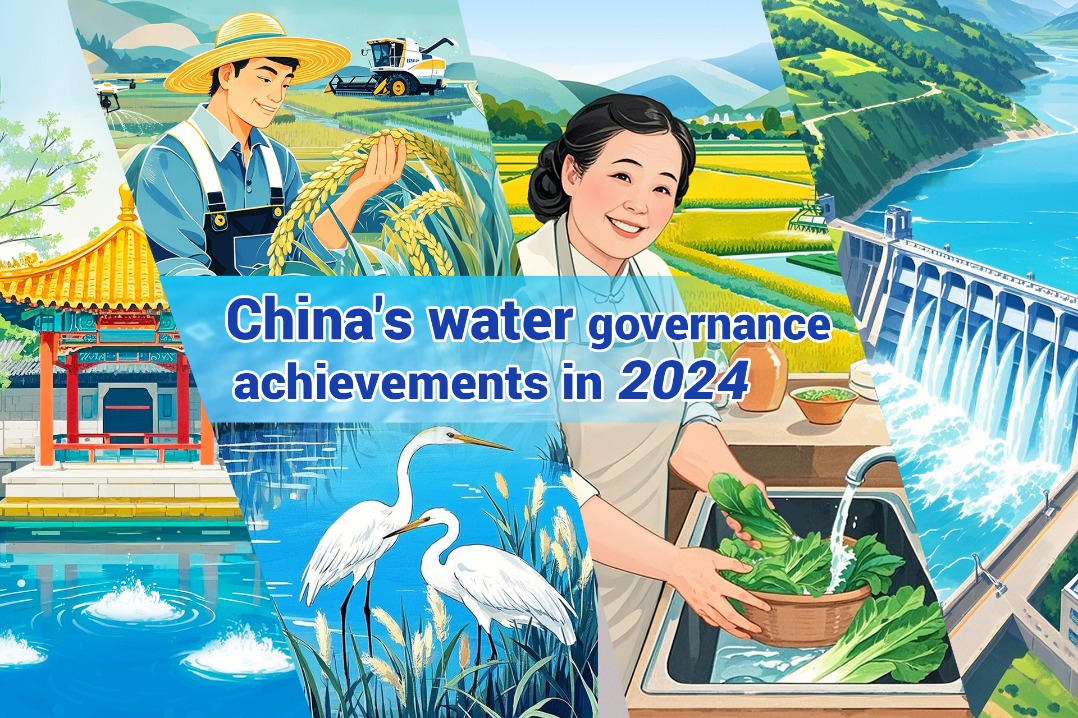Guangzhou award motivates cities to pursue innovation

Eugene Birch, professor of Urban Research and director, Penn Institute for Urban Research, shared how Mezitli, a coastal Turkish city of nearly 250,000 with 60,000 registered Syrian, established a network of public markets for women producers.
The women grow agricultural products or make homemade goods from in or around the metropolitan area.
With the first market having been opened in 2014, the network has grown to nine markets serving 612 women producers. Their wares range from citrus and tomatoes to jams and spices.
Didier Vancutsem, secretary general of the International Society of City and Regional Planners, shared the Italy's Milan city food policy.
The policy compels the municipal agencies to think about the regional food shed, the geographic radius from where Milan feeds its people, and discusses policy approaches that can encourage a more sustainable food system.
The policy considers how food gets from producers to market and whether it's possible to reduce emissions in transport.
Jane Katz from Habitat for Humanity International shared the Bolivia's administrative capital La Paz traffic zebras, a citizen culture project.
Through the program, young creative people show zebra crossing, wearing costumes that emulate a zebra. This is aimed at reducing road chaos.
You said the Mezitli case is being replicated in Southern Syria, while the La Paz case is being replicated in Latin America.
Over the next 10 years, You said they will document the innovative case studies and bring them to the attention of the national governments.
"We want a situation where a mayor can go online to find a solution to the challenging his city is experiencing," You said.
He said the delegates he interacted with at the UN-Habitat Assembly expressed concerns on how to support local implementation of the new urban agenda and SDGs.
"Cities need to map out the SDGs against what they are already doing and then look at where the opportunities and gaps lie. That is the starting point," he said.
Emilia Saiz, secretary general of the United Cities and Local Government or UCLG, said the new agenda is about cooperation between cities and making the link between the roles that cities need to play in the global agenda.
"Through localization of the SDGs, we are able to connect the thoughts in a different manner. We are able to identify the areas we have been developing policies on but have not given us the results that we thought and we can identify why. That's why we are bringing this agenda to our members to enable them reshape their priorities," she said.
Saiz said innovation is not always about new, but rethinking the methodologies and putting new people around the table.
- Data shows China's water governance achievements
- Notable progress in China's water management
- All-China Women's Federation sends much-needed relief supplies to Xizang
- More aftershocks expected following deadly Xizang earthquake
- HKSAR chief executive mourns victims of Xizang 6.8-magnitude quake
- Milestones in China's high-speed railway development





































